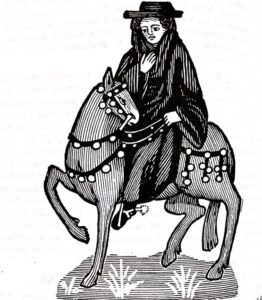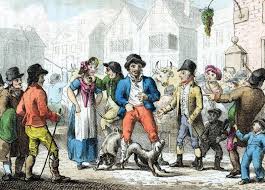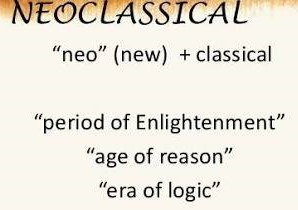English Renaissance Prose
This article is all about English Renaissance prose.
The English Renaissance, a cultural and intellectual movement spanning roughly the 15th to the 17th century, brought about a profound transformation in various facets of English society, including literature. English Renaissance prose, a key element of this literary reawakening, is characterized by a distinctive blend of humanism, intellectual inquiry, and a renewed interest in classical learning. This period witnessed the emergence of influential prose works that laid the foundation for the development of English prose as a sophisticated and expressive form.

Humanism and Classical Influences
The Renaissance in England was deeply influenced by the humanist movement, which sought to revive and emulate the classical ideals of ancient Greece and Rome. This revival of classical learning had a profound impact on prose writing, leading to a greater emphasis on reason, individualism, and a renewed interest in the study of classical texts.
Humanist scholars like Sir Thomas More, a key figure of the English Renaissance, played a pivotal role in shaping prose literature. More’s “Utopia,” written in 1516, is a seminal work that combines elements of political philosophy, satire, and social commentary. It reflects the humanist preoccupation with the ideal society and the exploration of philosophical ideas.
Religious Prose
The religious landscape of the English Renaissance also significantly influenced prose writing. The Reformation, marked by the separation of the Church of England from the Roman Catholic Church, led to a proliferation of religious prose works. The translation of the Bible into English, notably the King James Bible (1611), became a monumental achievement that not only facilitated religious accessibility but also contributed to the standardization and enrichment of the English language.
Essay Form
The English Renaissance saw the rise of the essay as a distinctive literary form. Sir Francis Bacon, a statesman and philosopher, is often credited with popularizing the essay in English literature. Bacon’s essays, such as “Of Studies” and “Of Truth,” are characterized by their concise and aphoristic style. They explore a wide range of topics, including knowledge, wisdom, and the human condition, reflecting a Renaissance emphasis on individual experience and empirical observation.
Prose Fiction
While prose fiction as a genre was not as developed during the English Renaissance as it would become in later centuries, there were notable contributions that paved the way for the novel. John Lyly’s “Euphues: The Anatomy of Wit” (1578) is considered one of the earliest examples of English prose fiction. Its ornate and highly stylized language, known as euphuism, influenced the literary style of the time.
Political Prose
The turbulent political climate of the Renaissance, marked by power struggles and social change, found expression in political prose. Sir Philip Sidney’s “A Defense of Poetry” (1595) is an influential work that defends the value and significance of poetry in society. It reflects the Renaissance belief in the power of literature to shape and elevate the human spirit.
In conclusion, English Renaissance prose stands as a testament to the intellectual, cultural, and artistic ferment of the period. It reflects a synthesis of classical influences, humanist ideals, and the exploration of diverse themes. The works produced during this time laid the groundwork for the development of English prose as a versatile and expressive medium, setting the stage for the literary achievements that would follow in the centuries to come.
#Renaissance Prose #Renaissance Prose #Renaissance Prose #Renaissance Prose #Renaissance Prose #Renaissance Prose #Renaissance Prose #Renaissance Prose
Read More
Michael Henchard As a Man of Character
Visit Us on our Facebook Page:






